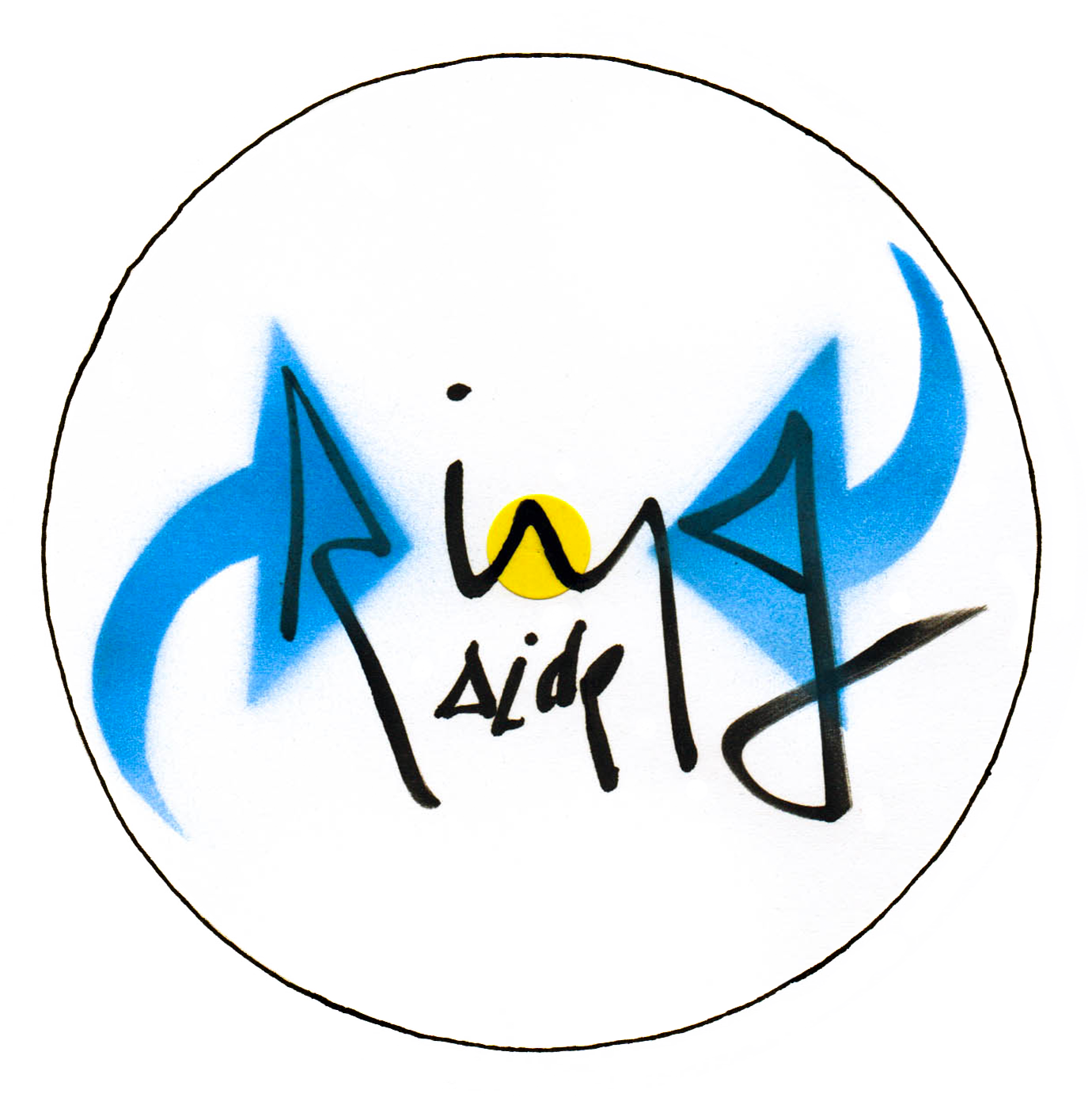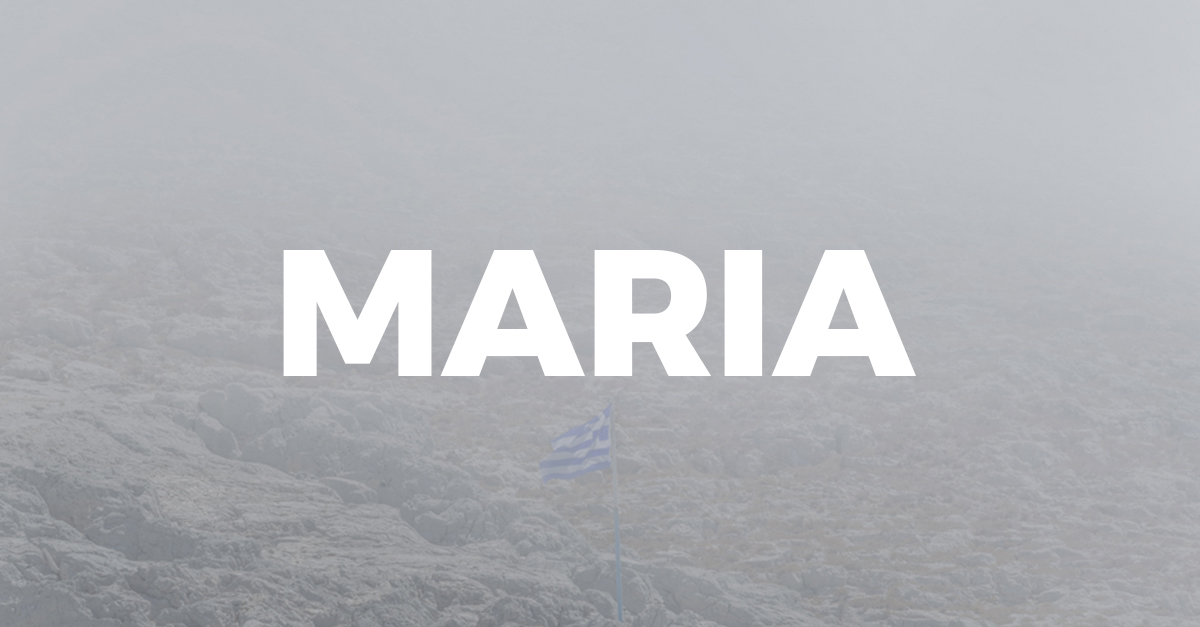What’s it like to live as a young person under Greece’s crisis?
[ENGLISH VERSION] Greek photographer Maria Mavropoulou grew up in Athens, Greece, and was in her early twenties when the crisis began. Unlike many persons of her generation, Maria decided to stay, and as time passes, her dreams and life projects go up in smoke.
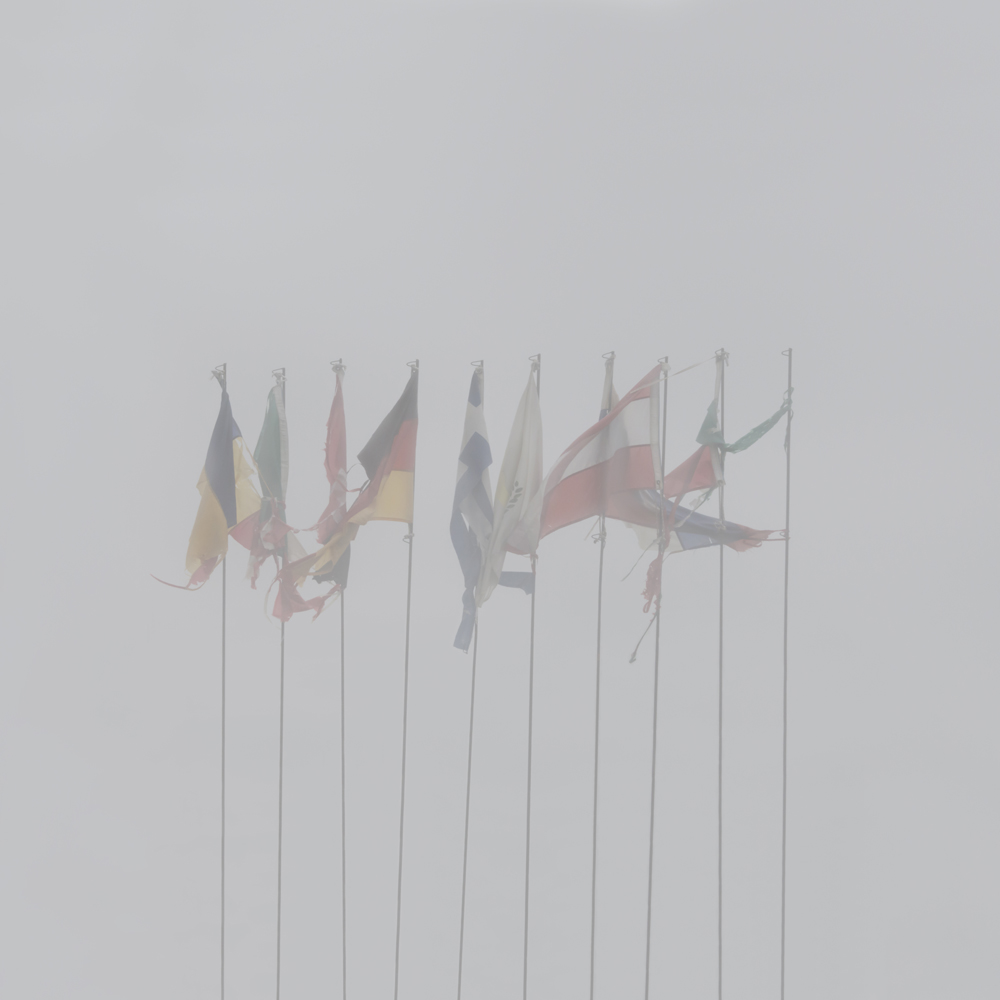
For many tourists, Greece is the perfect place to take a summer break, despite the crisis the country goes through for the last few years. However, can you still enjoy this sun when you don’t know what tomorrow will bring? Not really. After eight years of crisis, Greece looks glum, and their inhabitants too. Maria Mavropoulou is one of them. Maria, 28, has studied at Athens School of Fine Arts and is now working as a photographer. Many young Greeks face great difficulties to earn enough money to stand on their own feet and decide to leave the country to build their life elsewhere, but for some others, like Maria, this alternative is out of the question, and their forthcoming projects are now full of doubt.
With her photo series « Inner State », Maria projects her vision of the inner state of the inhabitants of Greece onto the country’s landscapes.
Ringside: How is « Inner State » born?
Maria: In 2014, curator Katerina Gregos invited our collective « Depression Era » to participate in the fifth Thessaloniki Biennale. Her proposal for the exhibition was accompanied by a text by Antonio Gramsci defining the word « crisis » : « The crisis consists precisely in the fact that the old is dying and the new cannot be born, in this interregnum a great variety of morbid symptoms appear. ». This quote was the starting point of this series of photographs and helped me to understand better what was going on in my country: to consider the crisis as an era on its own rights. I wanted to visualize, in a way, that state, and more precisely, the inner feelings from the people who experience it by projecting them onto Greek landscapes.
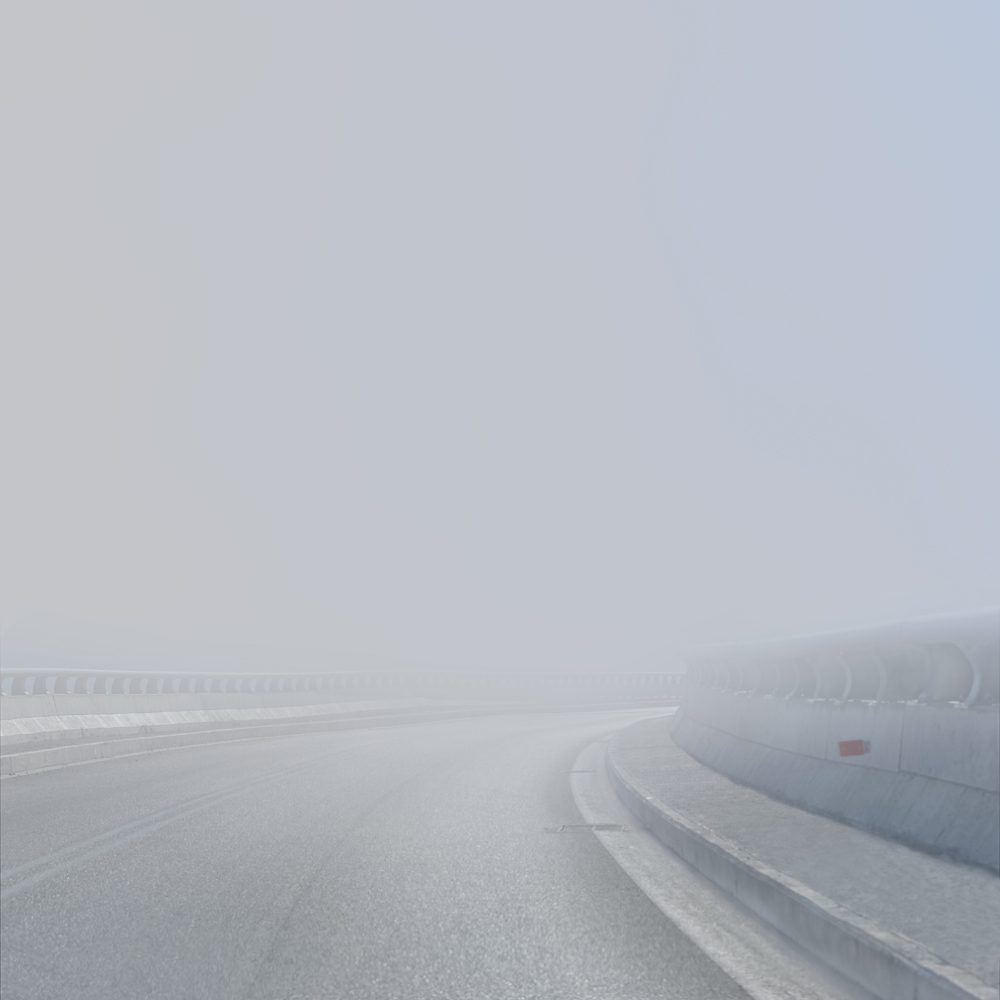
« Inner State » refers to a national and a personal state of mind. To what extent are these meanings related in your series?
The one aspect affects the other, and vice versa. They are not always the same, but they are related. I think that no Greek citizen can ignore the context he lives in. The fog in my pictures is a metaphor about how unfamiliar the social state in Greece is nowadays, because this is an unusual weather phenomenon for a sunny country.
I also wanted to show that nowadays, it’s very difficult to think of the future. You can’t anticipate what will happen or make plans. When you look at the landscape and you can’t see the horizon or any fixed point, you can’t see where you are going. So… the future is just hazy.
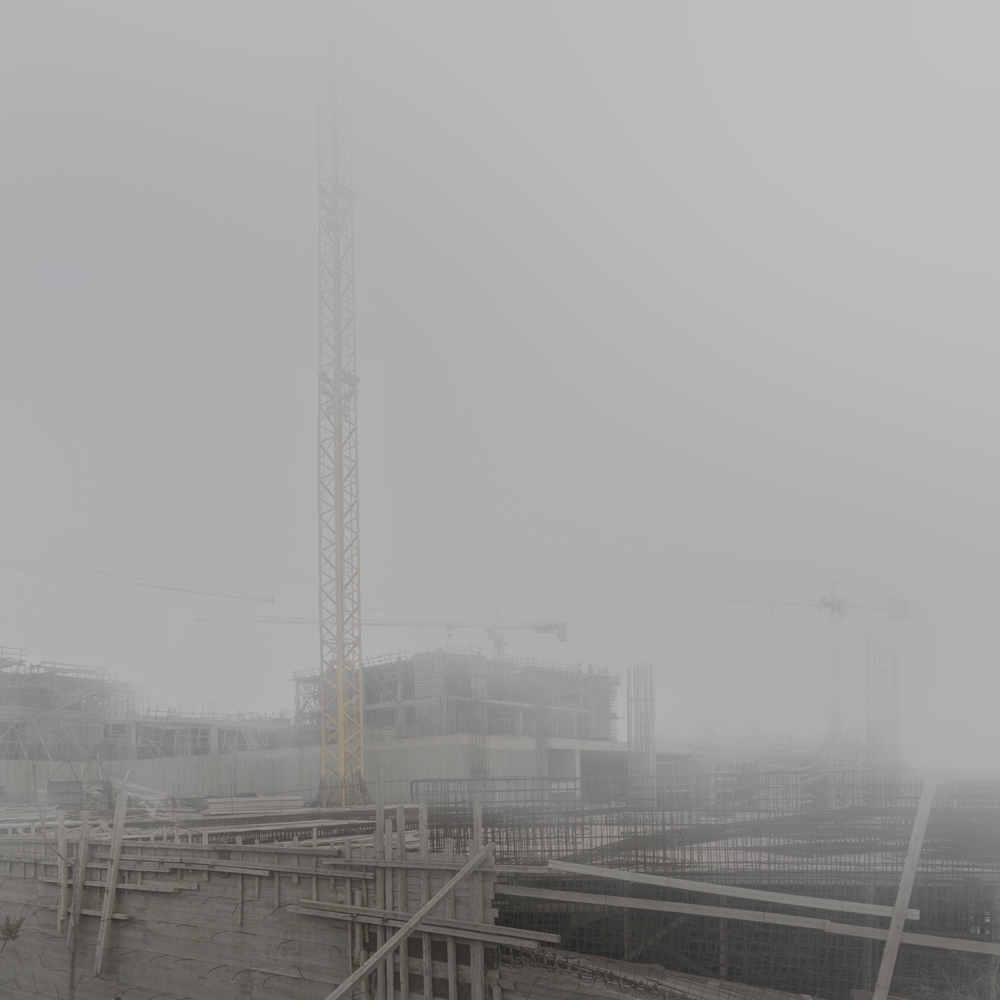
Is it your own personal state of mind as well?
It’s definitely my personal state of mind, but I think it could partially represent the Greek situation too. I can’t talk on behalf of every Greek person, but as I live in this country, I feel this way.
Did you always see the situation like that since the beginning of the crisis?
In 2009, when we started talking about the crisis, describing the situation with this word, we thought it would last just a couple of years, and that everything will be fine after that. However, it hasn’t evolved as expected, and now we are in the eighth year of recession.
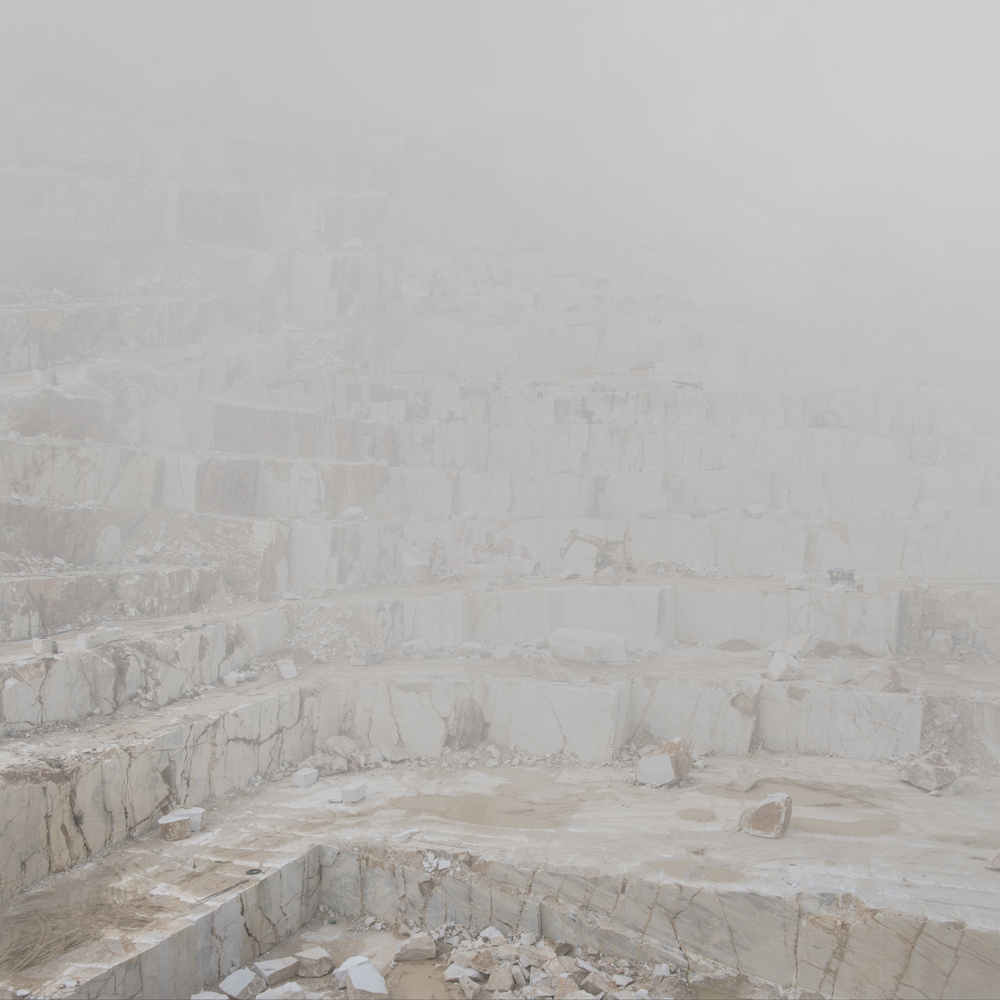
How did you choose the locations of your pictures?
The photos show, among others, abandoned Olympic complexes, unfinished public structures or unused highways. I chose these locations because I wanted to tell the story of the crisis from another perspective than the one we are used to. I didn’t want to show riots, protests and homeless people, but quiet and forgotten places which don’t scream about what’s going on.
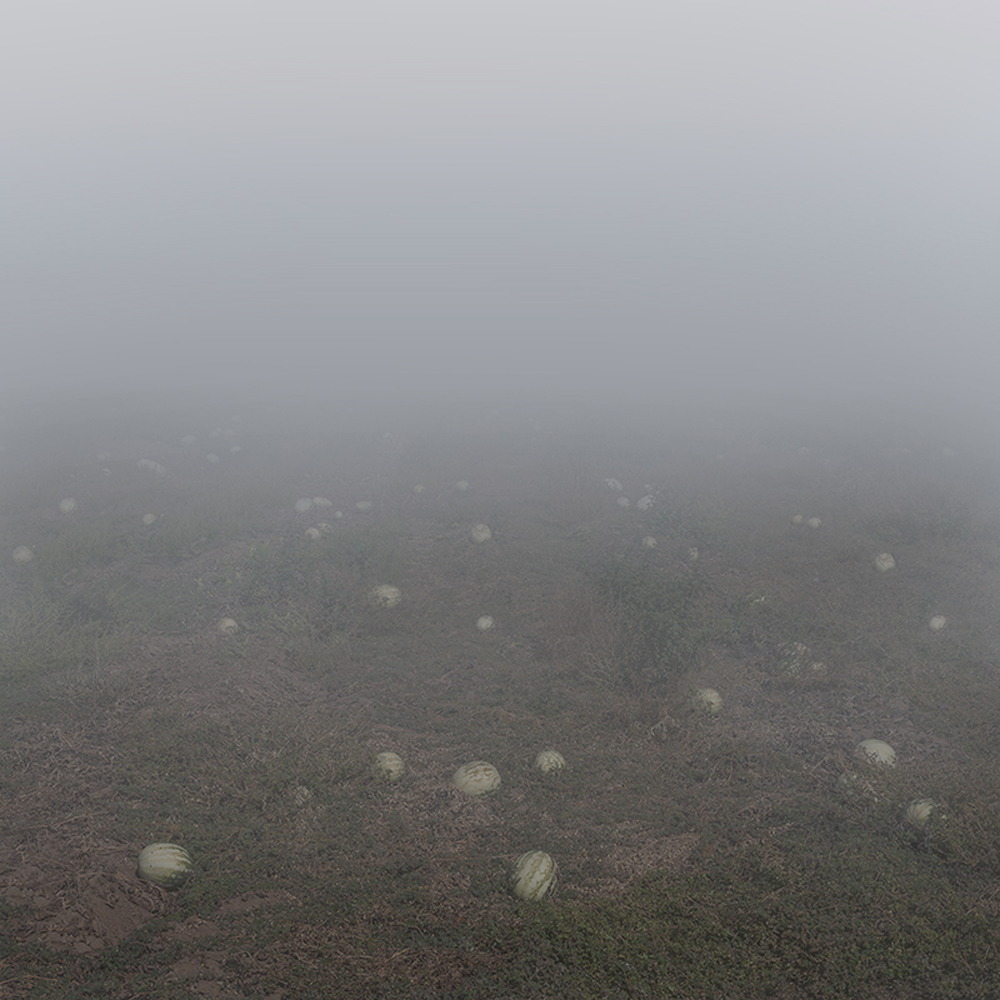
Some photos are more poetic, like the one with rotten watermelons. Watermelons could be the symbol of all the happy times in Greece, of the perpetual summer. I guess people living abroad see my country as a perfect summer paradise. That’s why I chose to show a face of Greece that you can’t see when you come here on vacation.
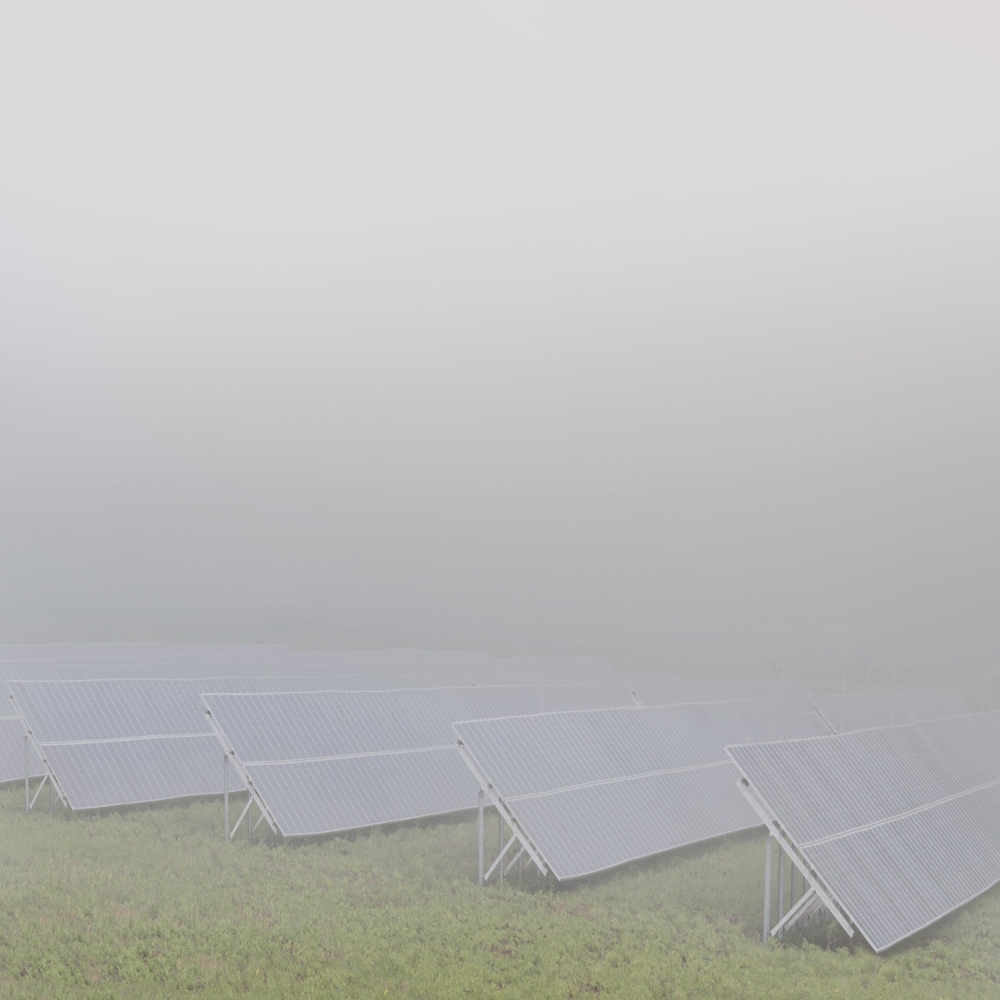
To come back to Gramsci’s quote. What are these morbid symptoms caused by the crisis?
Apart from economical, financial, political, social issues that everyone already knows, there are many others that we are going through, but that we may not have the ability to really understand today. Simply because we are now living in that situation. People of my generation are getting older without being able to have an adult life. We can’t shape our lives the way we imagined them to be. The things that used to be taken for granted by the previous generation are now a distant goal to achieve for many of us. You want to have a regular job, to live in your own house, to build a family, but the situation doesn’t give you these opportunities. In some years from now, we will be able to see these consequences in a more clear way.
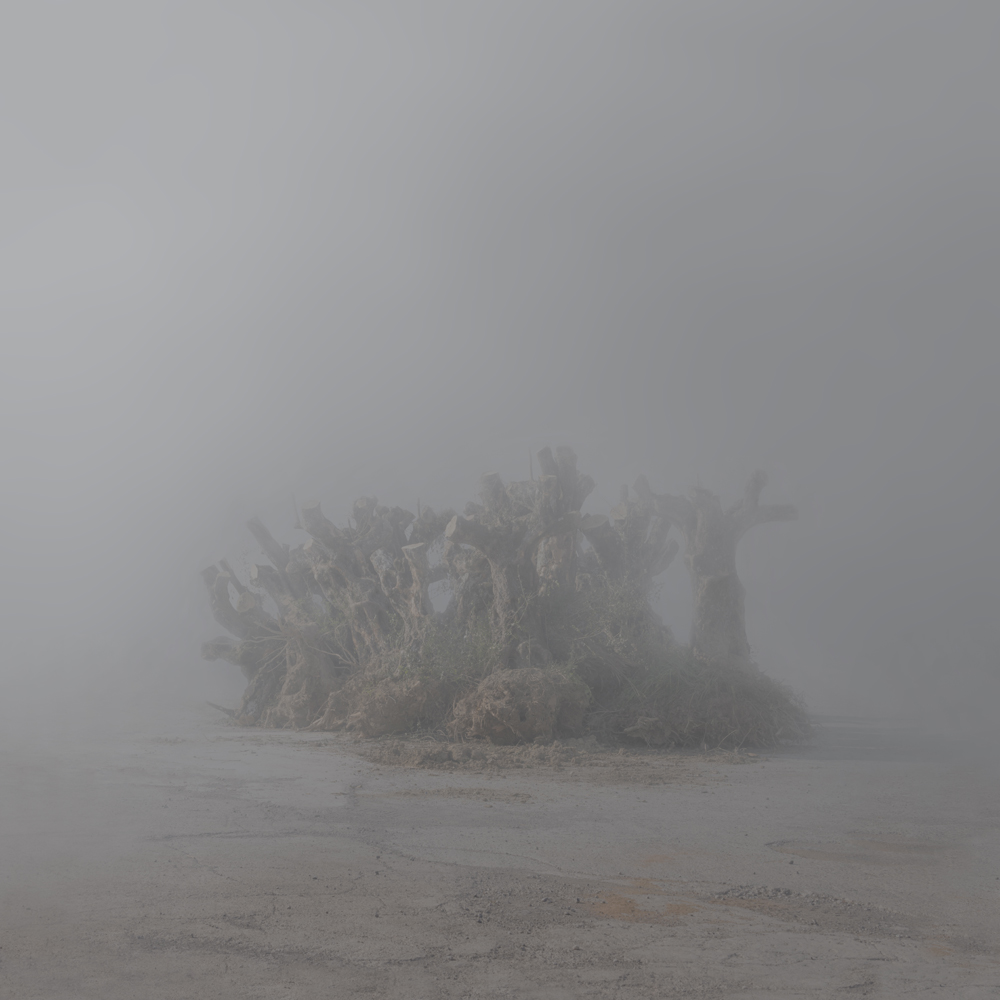
I met some Greek people in Berlin, where I’m living for the moment, who tell me they can’t imagine their future in Greece, despite the fact that they love their country.
That’s another choice that someone at my age has. If you can’t find a job after years of study, you go abroad. What else could you do? Greece had to face many difficulties in the past, and many generations left the country in the sixties and earlier. Nearly every Greek has a family member who left Greece. So I guess that my generation repeats the story once again.
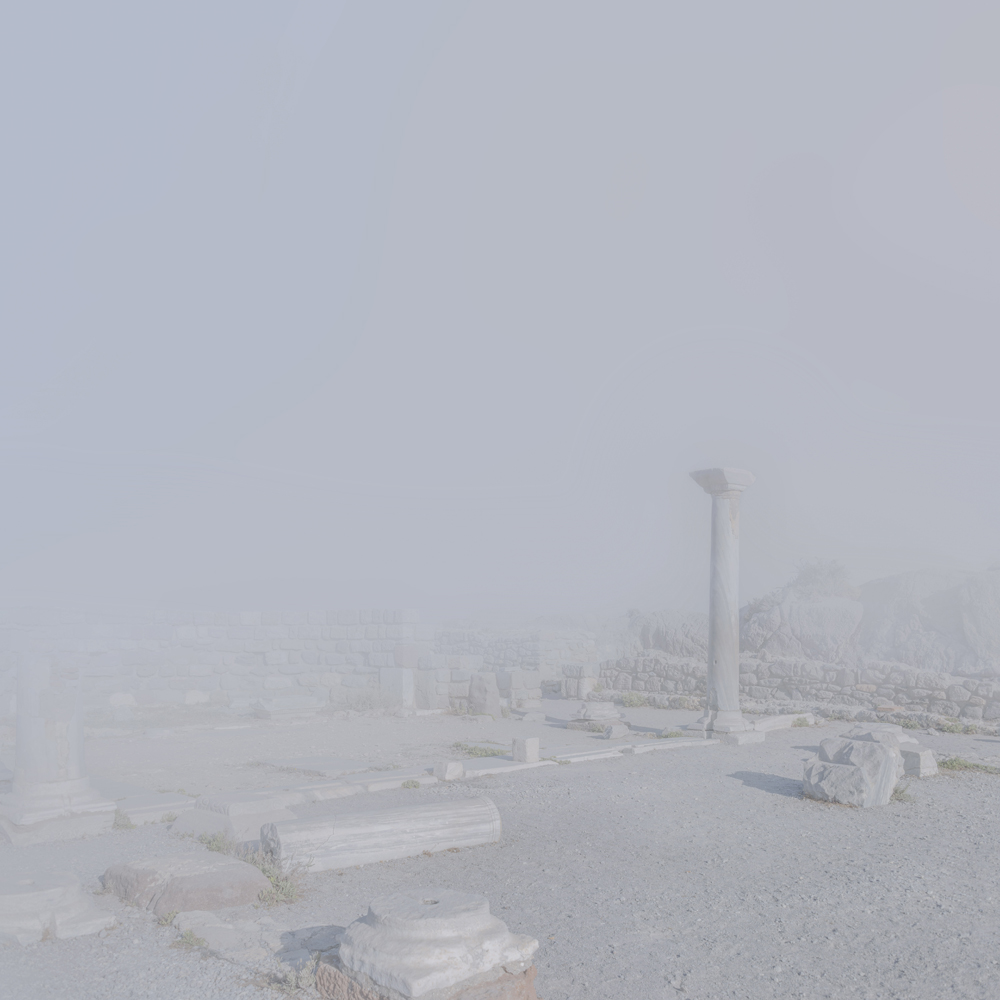
You know, all these questions you asked me are very difficult to answer. There is not one narrative, there is not one reason why we are in crisis today, there are many reasons that are interrelated. To conclude, I would argue that the main important fact about today is that when everything is changing so fast and not for the better, it’s very difficult to anticipate the future and to prepare yourself what’s going to happen in the next years. However, even in the toughest situations, there has to be some positive aspect and that’s what we have to look for.
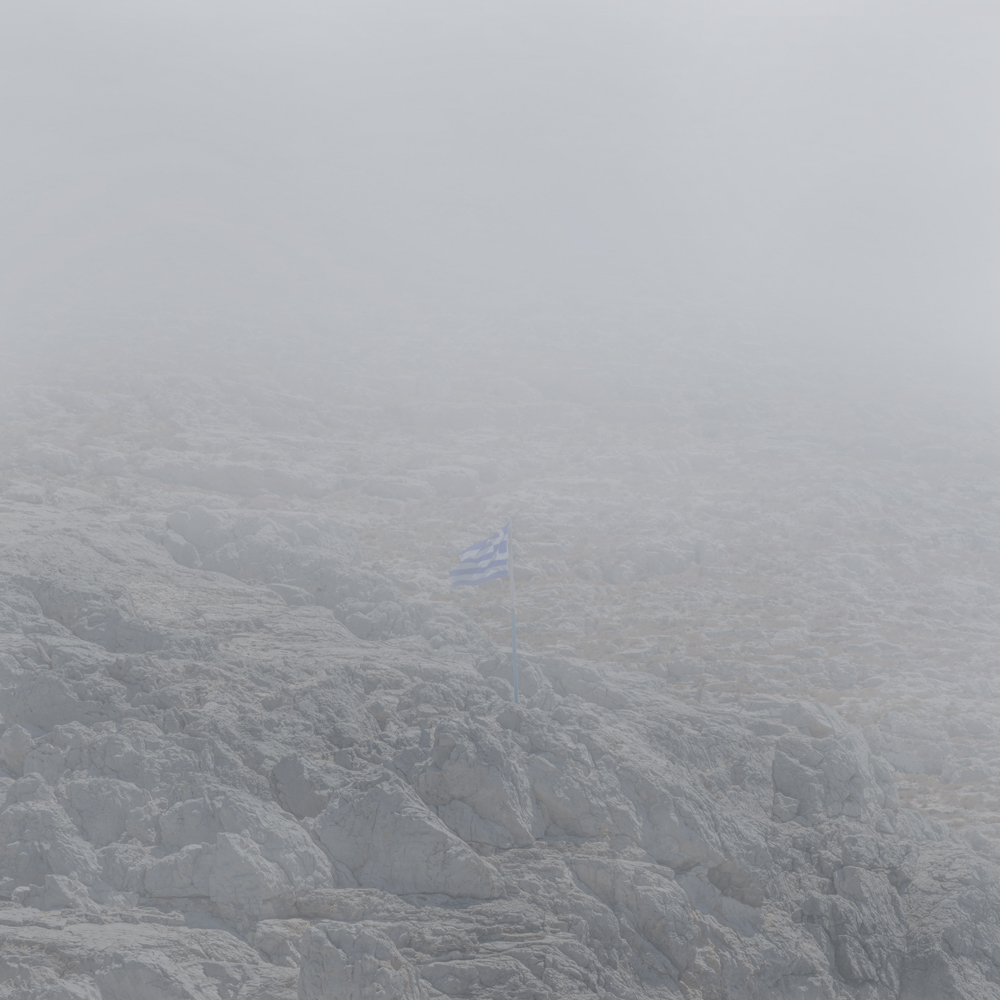
► Photography © Maria Mavropoulou. Maria Mavropoulou is a Greek photographer born in 1989. She lives and works in Athens, Greece. Visit her website and Depression Era’s website to discover her work.
_________________________________________________________________________________
[VERSION FRANÇAISE] La photographe Maria Mavropoulou a grandi à Athènes en Grèce. Maria venait tout juste de passer le cap de la vingtaine quand la crise a commencé, et avec les années, ses rêves de jeunesse partent en fumée.
Sous ses allures ensoleillées, la Grèce fait grise mine depuis que la crise est arrivée, et avec elle ses habitants, qui désespèrent aujourd’hui d’entrevoir une éclaircie. Parmi eux, il y a Maria Mavropoulou, 28 ans, diplômée de l’Athens School of Fine Arts, et photographe. Nombreux sont ceux de sa génération qui, face aux difficultés financières auxquelles ils font face au quotidien, décident de partir construire leur vie ailleurs. Mais pour d’autres, comme Maria, cette option n’est pas envisageable, et avec eux sont venus s’installer les doutes et les incertitudes.
Dans sa série « Inner State », Maria projette sa propre vision de l’état intérieur des grecs sur les paysages de son pays.
Ringside : Comment est née ta série « Inner State » ?
Maria : En 2014, la curatrice Katerina Gregos a invité notre collectif « Depression Era » à participer à la cinquième Biennale de Thessalonique. Elle joignit au texte de proposition d’exposition un extrait de texte d’Antonio Gramsci dans lequel il donne cette définition de la crise : « La crise consiste justement dans le fait que l’ancien meurt et que le nouveau ne peut pas naître : pendant cet interrègne, on observe les phénomènes morbides les plus variés ». Cette citation fut le point de départ de cette série et m’aida à mieux comprendre ce qu’il se passait dans mon pays : de considérer la crise comme une ère en soi ayant ses propres règles. J’ai voulu visualiser cet état, et plus précisément encore, le ressenti des personnes qui le vivent au quotidien en le projetant sur les paysages grecs.
« Inner State », signifie différentes choses : « État intérieur national » et « état d’esprit personnel ». Dans quelle mesure ces différents sens se rejoignent dans ta série ?
Ces deux types d’états s’affectent mutuellement, bien qu’ils ne se rejoignent pas toujours. Je pense qu’aucun citoyen grec ne peut ignorer le contexte dans lequel il vit. Le brouillard dans mes images est une métaphore du caractère inhabituel de la situation sociale actuelle en Grèce, car c’est un phénomène météorologique peu commun pour un pays ensoleillé.
Et puis je voulais montrer qu’il y est très difficile de se projeter dans le futur. Tu ne peux pas anticiper ce qu’il va se passer ou faire des projets, et à mon avis c’est cet aspect qui est le plus dur. Imagine, tu regardes le paysage, mais tu ne peux en voir l’horizon, comment peux-tu savoir où tu vas dans ces conditions ? Il n’y a rien de stable où fixer son regard, rien pour s’orienter. Le futur est juste… brumeux.
C’est donc ton état d’esprit personnel aussi ?
C’est sans aucun doute mon état d’esprit personnel, mais je pense que sur certains aspects, il rejoint un état d’esprit plus général. Je ne peux parler pour ou représenter chaque Grec, mais dans la mesure où je vis dans ce pays, je ressens ça.
As-tu toujours vu la situation ainsi depuis le début de la crise ?
Quand, en 2009, nous avons commencé à parler de la crise, à décrire la situation avec ce mot, nous pensions qu’elle ne durerait que quelques années et qu’après, tout irait pour le mieux. Mais ça ne s’est pas passé comme ça, et maintenant nous sommes dans la huitième année de récession.
Comment as-tu choisi les lieux de tes prises de vue ?
Mes photos montrent, entre autres, des complexes Olympiques abandonnés, des structures publiques inachevées ou encore des autoroutes hors-services. J’ai choisi ces lieux en particulier car je voulais raconter l’histoire de la crise différemment. Je ne voulais pas montrer d’émeutes, de manifestations ou des personnes sans-abris, mais plutôt des lieux calmes et oubliés qui ne crient pas haut et fort ce qu’il se passe.
Certaines photos sont plutôt poétiques, comme celle avec les pastèques. Les pastèques seraient le symbole de tous les temps heureux en Grèce, de l’été perpétuel. Je suppose que les gens vivant à l’étranger se représentent la Grèce comme le paradis estival parfait. Et c’est d’ailleurs pour ça que j’ai choisi d’en montrer un autre visage, un visage que l’on ne peut pas voir quand on y vient que pour les vacances.
Pour revenir à la citation de Gramsci. Quels sont ces symptômes morbides que tu observes aujourd’hui en Grèce ?
En dehors des problèmes économiques, financiers, politiques et sociaux qui sont désormais connus de tous, il y en a de nombreux autres que nous vivons aujourd’hui, mais que nous n’avons peut-être pas encore la possibilité de bien comprendre, parce que nous les vivons en ce moment. Les gens de ma génération, nous avons grandi en années, mais nous ne pouvons construire nos vies comme nous nous les étions imaginés. Ce qui était considéré comme allant de soi par la génération précédente est désormais pour beaucoup d’entre nous un but lointain. Tu veux un travail fixe, vivre dans ta propre maison, fonder une famille ? La situation ne t’en laisse pas l’opportunité. Dans quelques années, je pense que nous serons capables de voir ces conséquences de la crise beaucoup plus clairement.
J’ai rencontré plusieurs personnes grecques à Berlin, où je vis actuellement, qui m’ont dit avoir quitté la Grèce car ils ne pouvaient y imaginer leur futur. Et ce, même s’ils y sont attachés.
C’est l’autre choix qu’a quelqu’un de mon âge. Si après des années d’études, tu ne peux pas trouver de travail ici, tu pars à l’étranger. La Grèce a connu de nombreuses autres difficultés par le passé et plusieurs générations ont quitté la Grèce dans les années soixante et même avant. Pratiquement chaque Grec a dans sa famille un proche qui a quitté le pays. Je suppose donc que, aujourd’hui, ma génération répète une nouvelle fois l’histoire.
Tu sais, toutes ces questions que tu viens de me poser sont très difficiles à répondre. Il n’y a pas un seul récit, ni une seule raison qui explique que l’on est en crise aujourd’hui, mais de nombreuses qui s’entremêlent. Pour finir, je dirais que la chose la plus importante à retenir à propos de ce qu’il se passe en ce moment est que quand tout change très vite, et pas pour le meilleur, il est très difficile d’envisager le futur ou de se préparer à ce qui vient. Cependant, je me dis que, même dans les situations les plus dures, il doit bien y avoir un aspect positif et c’est cela que nous devons désormais chercher.
► Photographies © Maria Mavropoulou. Maria Mavropoulou est un photographe grecque née en 1989. Elle vit et travaille à Athènes, en Grèce. Découvrez son travail sur son site internet et sur le site de “Depression Era”.
